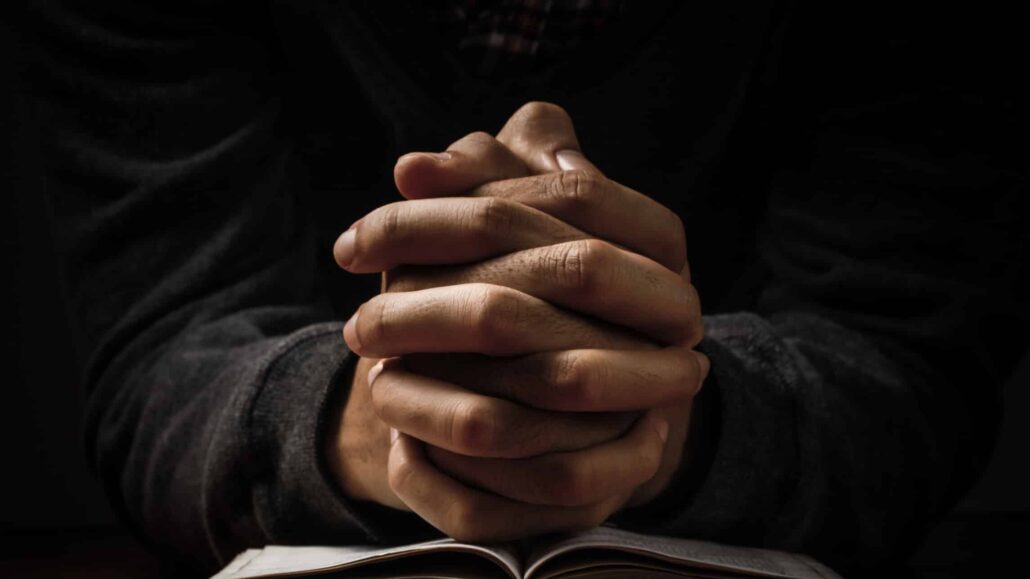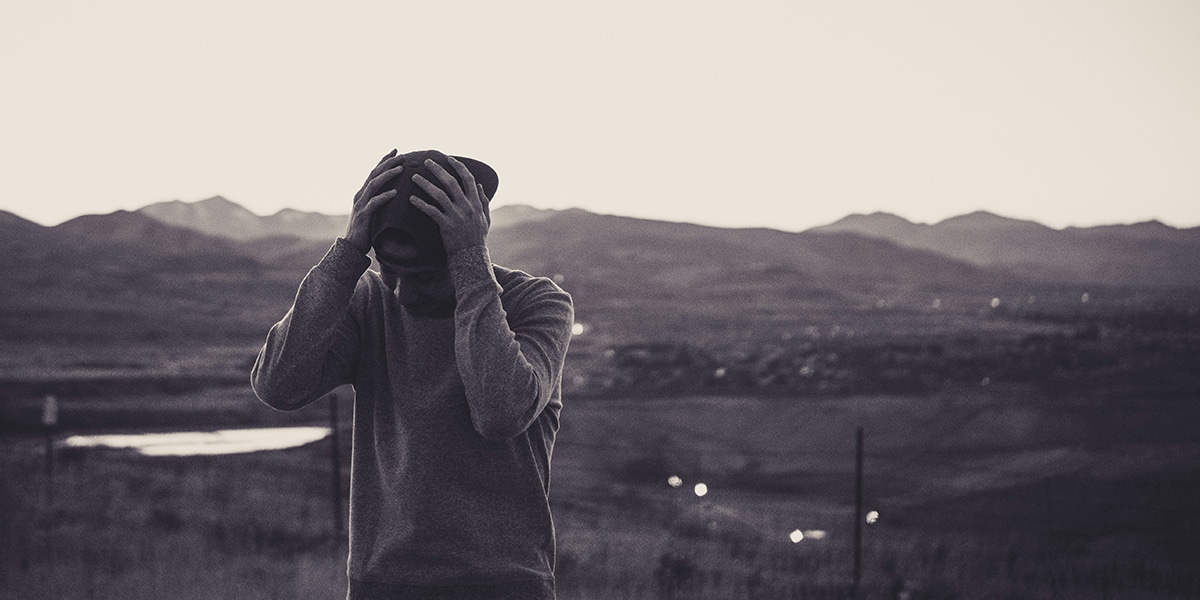Plenty of people think they don’t pray well. Or that they somehow pray wrong. Or that everyone else has an easier time praying.
With this in mind, let me introduce you to a kind of prayer that anyone can do. Whether you’ve been on dozens of retreats or are just beginning to incorporate prayer into your day, the examination of conscience can be a wonderful—and easy—support for your spiritual life.
Although many people had been using this prayer for centuries, it eventually came to be associated with Saint Ignatius of Loyola, the sixteenth-century founder of the Jesuit Order, who popularized it. In addition to the Mass, Saint Ignatius used to say, the examination of conscience is the one prayer that a Jesuit should never omit from his day. Many other Christians also find it invaluable for their own life with the Lord.
Five Simple Steps
In essence, the prayer is a review of the day. It can be done either once a day (usually before going to bed) or twice (usually at midday and evening). Traditionally, this prayer is broken up into five simple steps:
First, as with any prayer, you ask for God’s grace in helping you to pray.
Second, you recall the things for which you are grateful from the past day. These can be big things—a healing conversation with a friend, an intimate moment with a spouse, an exciting new project at work. Or they might be as small as the feel of the sun on your face, a refreshing breeze, a funny moment in the office. You recall them and, as Saint Ignatius said, savor them. Then you express your gratitude to God.
Third, you recall the events of the day, almost as if your day were a movie playing out in your head. You ask yourself: Where did I experience God’s presence and accept God’s invitation? And where did I turn away from God?
Fourth, you ask for forgiveness. Step three will probably reveal some sins that you committed (unless you’re perfect!), so you ask the Lord to forgive you for them. You may also decide that you need to ask for forgiveness from someone or commit to seek out the sacrament of reconciliation.
Fifth, you ask for the grace to live the next day in God’s love. And, says Saint Ignatius, it is good to close the examination with an Our Father.
That’s it: five simple steps. Normally, the examination takes only fifteen to twenty minutes, which makes it a prayer that is accessible to everyone.
Benefits of the Backward Look
Essentially, this is a prayer that enables us to see where God has been. This is usually far easier than recognizing God in the present, since we’re typically so distracted and preoccupied by our daily tasks.
In the Old Testament, God says to Moses, “You cannot see my face.” How often that is the case with us! We, too, may feel unable to see God as the day’s events are unfolding. But that same God then allows Moses to see him pass (see Exodus 33:20—34:7).
One way of thinking about this Bible passage is as a reminder that it is sometimes easier to see God in retrospect than in the moment. The examination allows us to do this at the close of every day; it encourages us to prayerfully reflect on the ways by which God communicates his presence in our daily lives. Jesuit theologian Walter Burghardt once wrote that prayer is a “long, loving look at the real.” You might say that the examination of conscience provides this look as from a rearview mirror.
In time this backward look may reveal patterns. You may notice, for example, that you are constantly thanking God for a particular person. And over the days and weeks, you may begin to realize what a blessing that person has been. You may say to yourself, “I never fully recognized this before!” Eventually, your examination may make you so aware that you begin to appreciate your friend more in the present.
You may also find answers to prayers that you thought were going unanswered. Often we pray for something and, failing to receive it immediately, become disheartened. But the examination enables us to see more easily the gifts that God gives us, but which unfold over days, weeks, months, and even years. A friend likes to say that God is like a master carpenter in a very small town. When you need some carpentry work done, everyone will tell you, “There’s only one man to see. He does the best work in town, but he takes a very long time!”
As you see more clearly, you may be carried away by gratitude for what is in your life. At the end of a tiring or frustrating day, I sometimes sit down to do my examination and suddenly remember a consoling moment—a kind comment or a bit of good news—and give myself the time to savor the moment and be grateful. The examination itself becomes a gift from God.
So, having a hard time finding God? Try the examination of conscience. You may not be able to see where God is. But you’ll certainly be able to see where God was.








